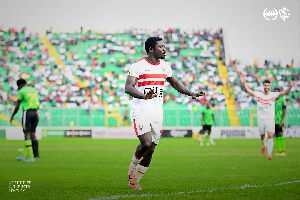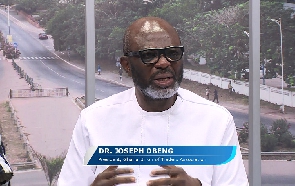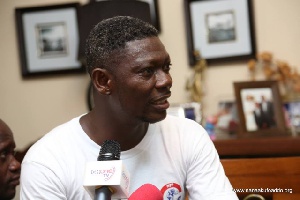Regional News of Wednesday, 12 August 2015
Source: GNA
Girls Empowerment Camp opens in Eastern Region
The 2015 edition of the “Girls Power Project” an intervention by Plan Ghana to improve education and empower rural girls, as a tool to reduce the incidence of teenage pregnancies in the Eastern Region has opened.
The two weeks camp programme is part of the ‘Girls Power’ Project instituted by Plan Ghana in collaboration with the Girl Child Education Unit of the Ghana Education Service (GES) and is being piloted in the Eastern and Upper-West Regions.
About two hundred girls drawn from rural communities in Akuapem North and East Akyem Districts are attending the camp and would be taken through Mathematics, Science, English and other activities such as role model talks to boost their confidence.
The project, apart from boosting the confidence of the girls, is to help improve their studies and in particular their performance at the Basic Education Certificate Examination (BECE) to ensure retention and continuation of their education.
Mrs Margaret Brew-Ward, Programmes Manager of Plan Ghana, said the Girls Power project was a response by Plan Ghana to problems including pregnancies and low self-esteem that affect girl-child education.
She said Plan Ghana was concerned about reports of drop out of girls due to teenage pregnancies, low retention and continuation to the Senior High Schools (SHS) in rural communities, and therefore instituted the project and hoped to reach about 5,000 girls in the next two years.
Mrs Cynthia Anim, Eastern Regional Coordinator of the Girl Child Education Unit, GES, noted that the Girl Power project was a potential tool to advance the cause of girls’ education in the region as the beneficiaries would be monitored.
She said this year, about 400 girls would benefit from the camp programme.
Mr Anthony Dontoh, Regional Director of the Department of Children, Ministry of Gender, Children and Social Protection, thanked Plan Ghana for the intervention and expressed the hope that the camp would help solve challenges that militate against girls’ education and their well-being.










